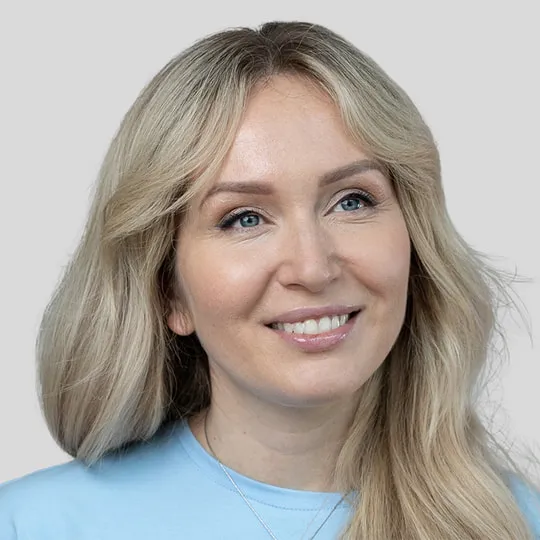Russia Becomes the First Country to Offer Doctors Free AI to Save Children
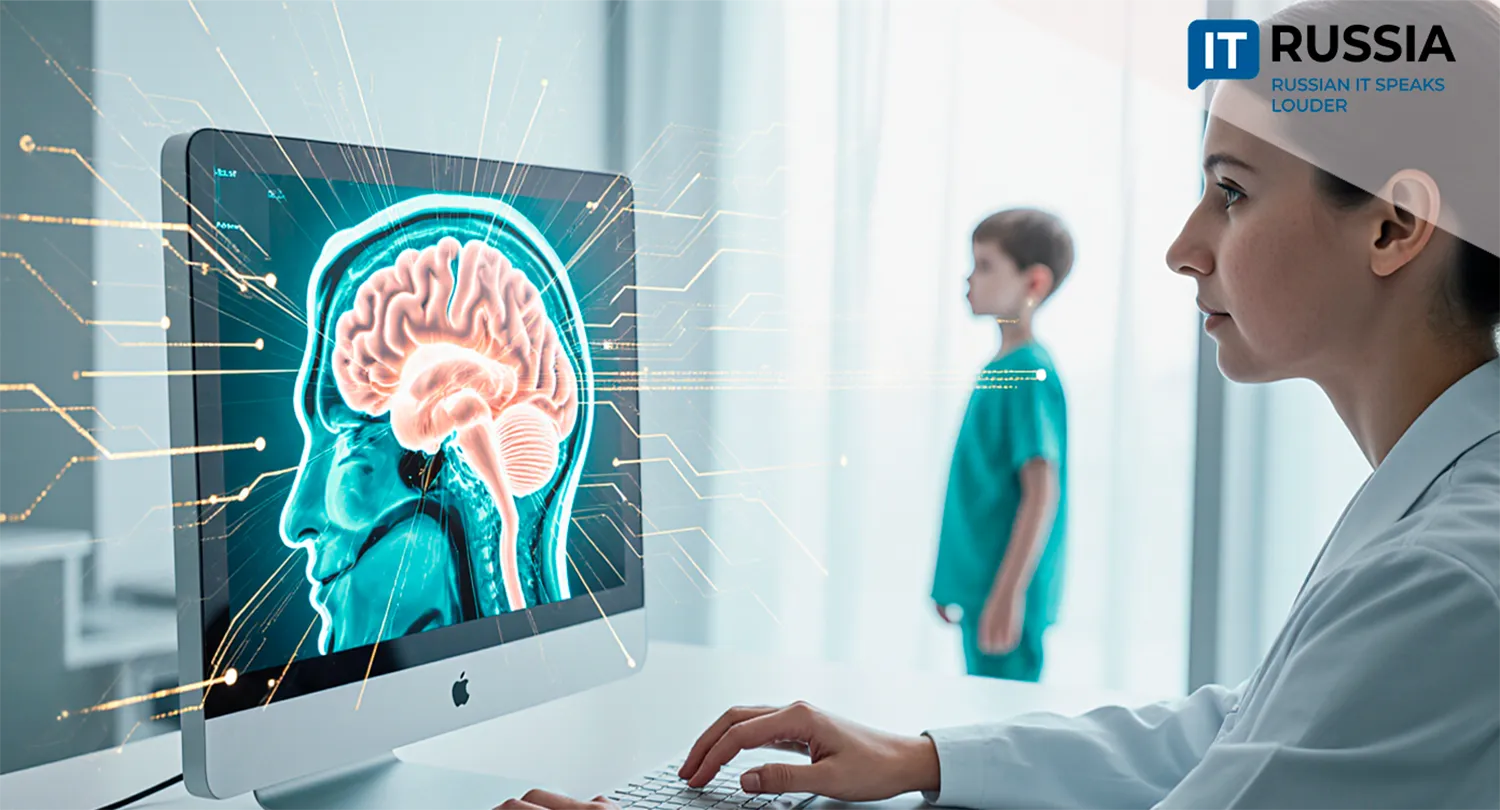
Russian researchers have created a neural network for the early diagnosis of central nervous system diseases in children.
How the Service Works
August 25, 2025, marked a milestone for both Russian and global medicine. Researchers at St. Petersburg State Pediatric Medical University (SPbSPMU), together with Yandex Cloud specialists, introduced a unique AI-powered cloud service for early diagnosis of cerebral palsy and other severe central nervous system (CNS) diseases in children.
The key distinction: the service is entirely free and available to any physician. At a time when advanced algorithms in many countries remain locked behind commercial licenses and expensive subscriptions, Russia is charting a different course—technology for the benefit of society, not just business.
An infant brain MRI takes 20–40 minutes. But analyzing the results may take hours or even days, even for experienced specialists. For children suspected of cerebral palsy, this is critical lost time. The earlier therapy begins, the greater the chance of normal development.
Accuracy Down to the Millimeter
Artificial intelligence automatically processes MRI scans, identifying gray and white matter with up to 90% accuracy. Doctors receive images with outlined structures and percentage breakdowns of tissues, significantly simplifying diagnosis.
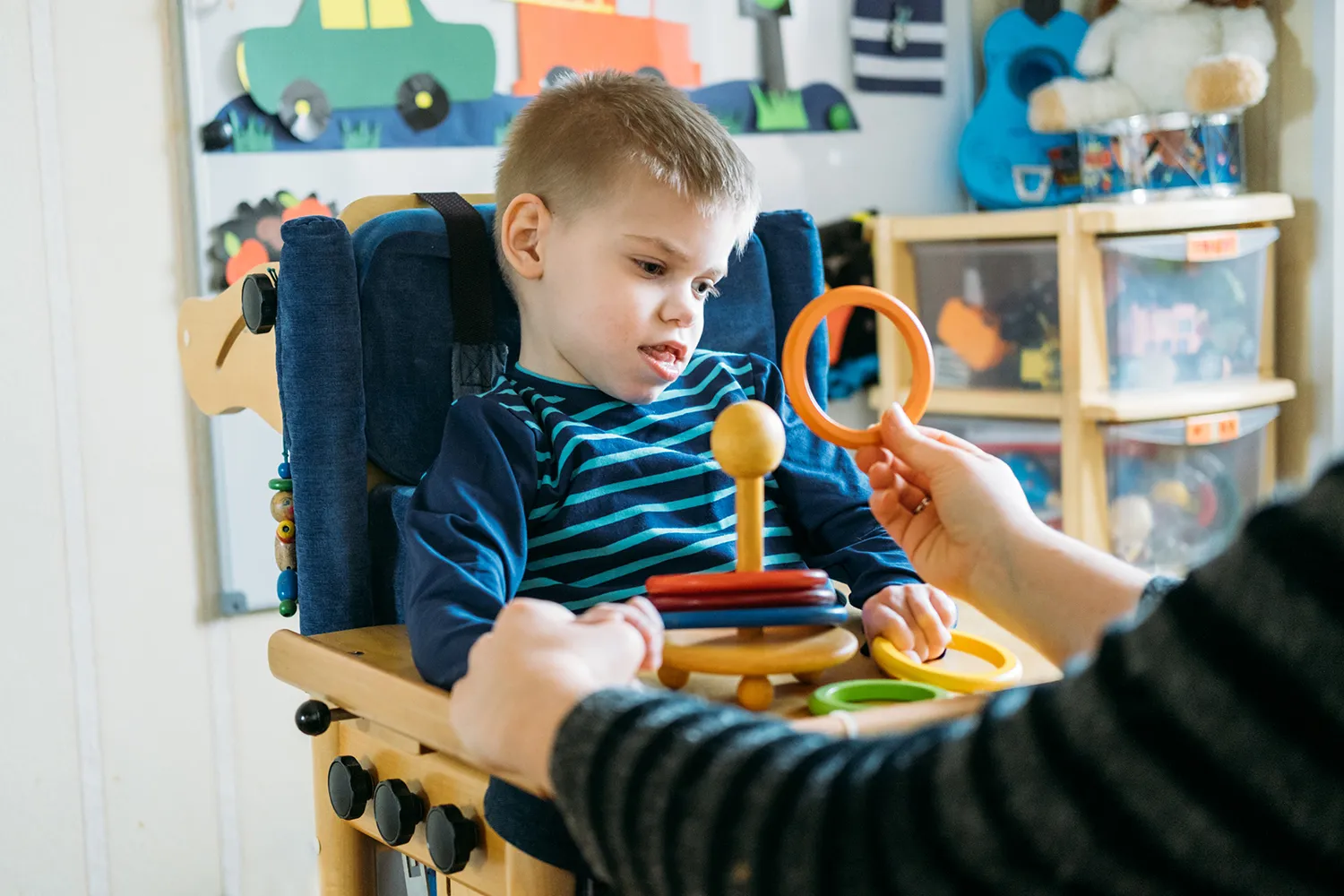
Behind this innovation is massive scientific work. SPbSPMU researchers annotated 1,500 anonymized MRI scans, laying the foundation for algorithm training. The system employs several neural networks: BIBSNet for image annotation, and ResNet and U-Net for high-precision segmentation.
Instant Answers
For doctors, this means MRI analysis times shrink to near-instant responses. Diagnoses and therapy planning become much faster—critical when treating early CNS pathologies.
For Russia, the significance is enormous: a free cloud service will strengthen the country’s digital healthcare infrastructure, reduce the burden on specialists, and make cutting-edge technology available to any regional clinic.
Looking ahead, the system could be released as open-access software, making it adaptable for international projects. In essence, this breakthrough places Russia among the global leaders in AI adoption for pediatric medicine.
Development Prospects
The project team has already stated that the system will become part of a global open platform. This would make it accessible to physicians in resource-limited countries without expensive diagnostic centers.
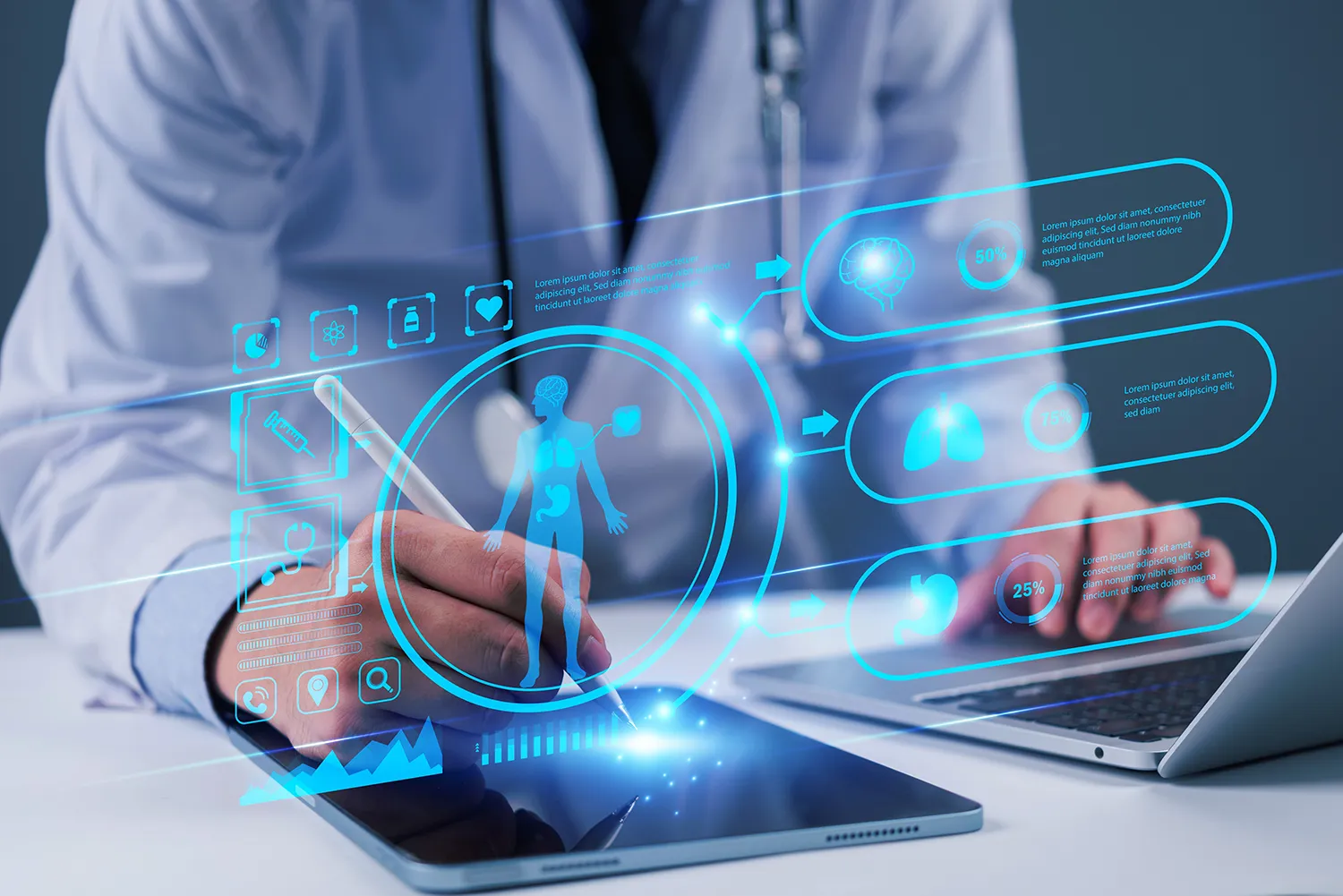
Within Russia, the service will be deployed in pediatric neurology centers and integrated into national healthcare digitalization projects. Its architecture allows scaling for diagnosing other CNS diseases and for building future medical neural networks. This makes it not only a tool for helping individual patients but also a strategic step toward strengthening national healthcare security.
Over the last five years, many AI diagnostic projects have emerged worldwide. DeepMind has reported breakthroughs in analyzing eye diseases and oncology, while several European universities have developed commercial MRI and X-ray services. Yet these remained closed systems requiring costly hardware and licenses.
Russia, too, had been developing algorithms for cardiology and genetics, but pediatric neurology remained a “white spot.” That gap is now closed—and in a way unmatched by other nations: free, open, and globally scalable.
Russia as a Technology Leader
The launch of this cloud service for diagnosing cerebral palsy is not only a technological success but also a powerful example of science and IT collaboration. SPbSPMU and Yandex Cloud have shown that universities and tech companies can jointly tackle problems once thought impossible.
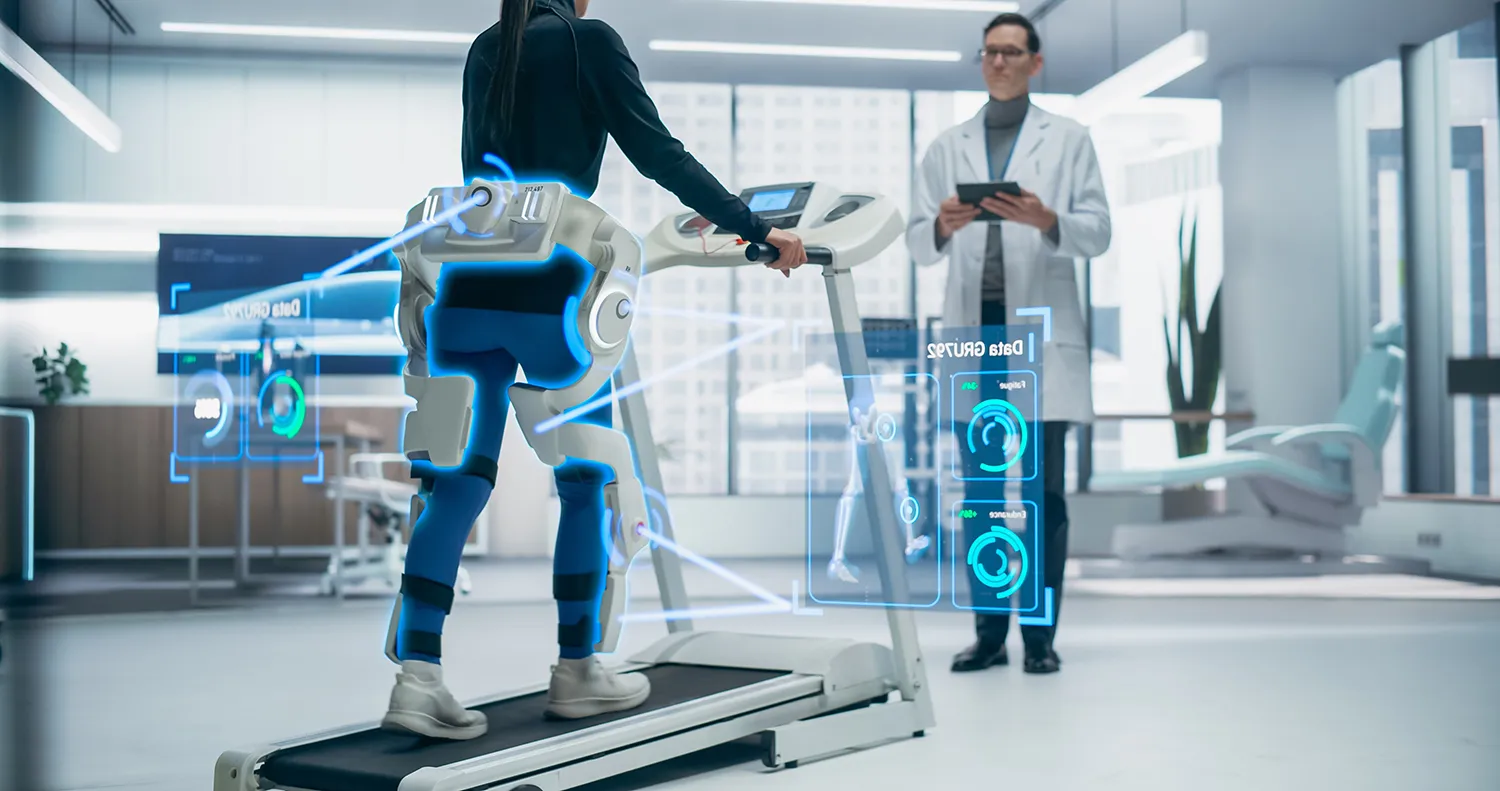
In the coming years, the service will become part of everyday clinical practice across Russia. Future plans include translating the interface into other languages, adapting it to national standards, and using it in global child health initiatives.
At a time when many countries talk about digital health transformation, Russia is delivering tangible results. A free cloud service that helps save children and gives them a chance at healthy lives is a breakthrough of global importance.
Russia is not only developing its own technologies but also ready to share them internationally—an approach that blends scientific strength, social responsibility, and national leadership.
The launch of this AI system for early cerebral palsy diagnosis puts Russia among the pioneers of medical digitalization. Most importantly, it is a step toward saving thousands of children and strengthening Russia’s status as a country where science and technology serve people, not corporate profits.


